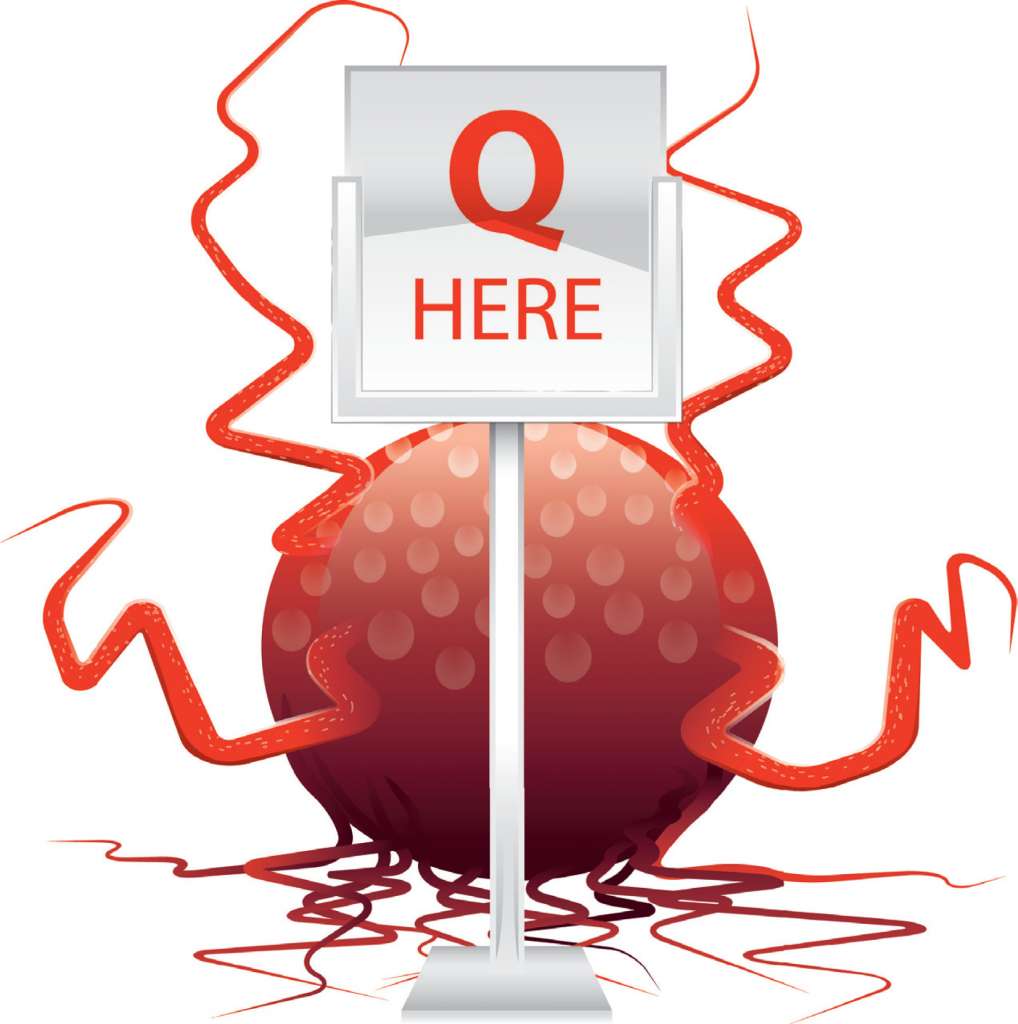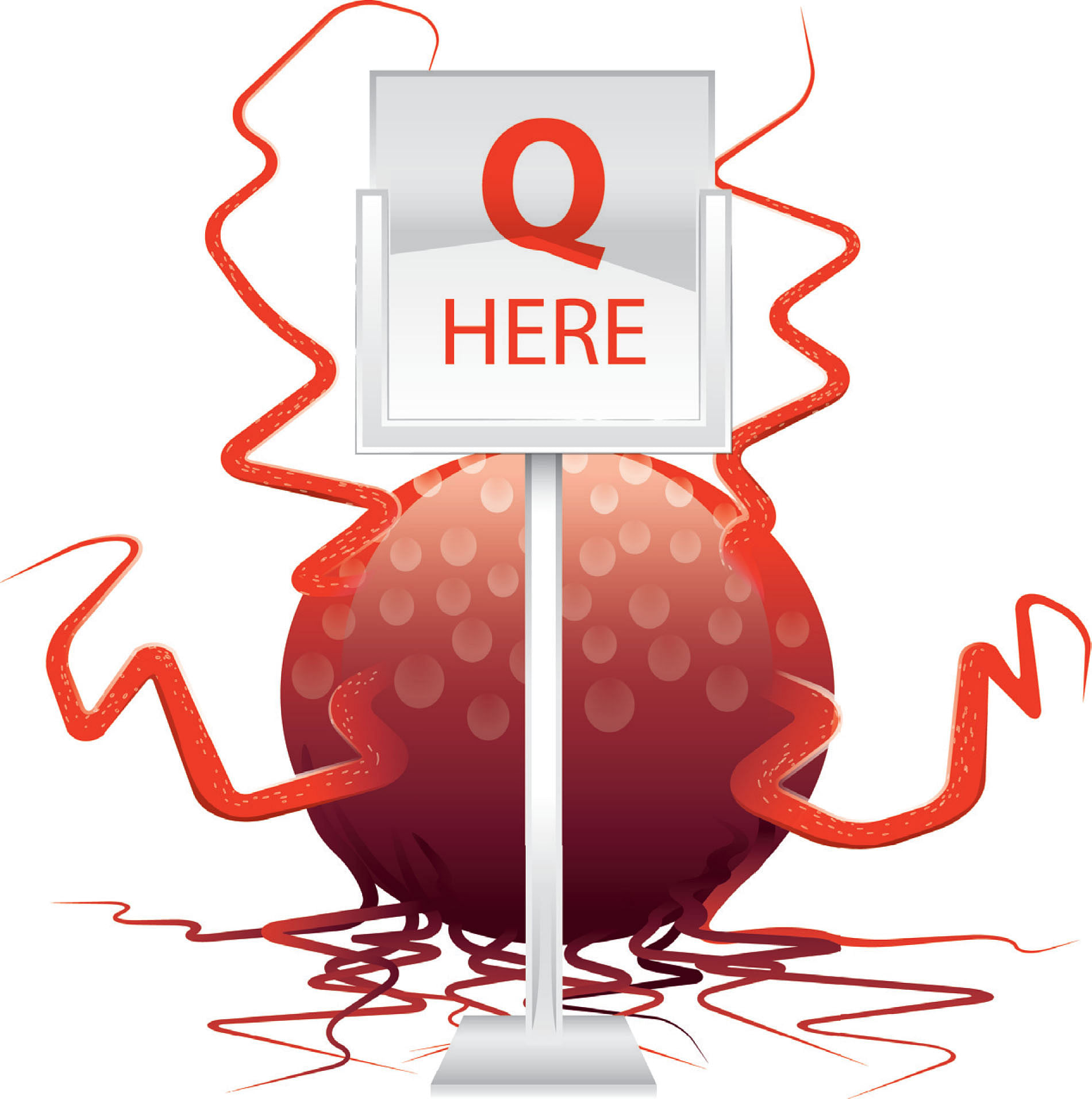Doc Talk
Why I love a long queue
Having a queue of therapeutic treatment options is key to fighting advanced cancers
Sign up now: Get ST's newsletters delivered to your inbox

ST ILLUSTRATION: ADAM LEE
It has often been said that Singaporeans love to queue. So there I was, standing at the end of a long line of people with my teenage daughter, queuing to place an order for rosti in a Swiss-style food court in an Orchard Road mall.
I am not a particularly big fan of Swiss rosti, a potato dish, but it was quite apparent the moment we stepped into the food court this was, by far, the most popular stall with the longest queue.
And so I stood patiently waiting for my turn, secure in the knowledge that if everyone else felt this was good, it should be good.
To add to my conviction, more people joined the queue as I waited.
In the cancer world, there is another type of queue, where treatments are lined up in order to help the patient fight cancer.
Madam L, in her 50s, suffered from advanced cancer of the colon with fairly extensive spread to the liver. Thankfully, she responded well to chemotherapy combined with a targeted therapy, and achieved a near-complete remission. But she continued to worry.

Madam L recalled from the initial discussion we had, at the point of her diagnosis of advanced cancer, that with time cancer eventually gains resistance to any particular mode of treatment.
It is almost as if the cancer is able to learn how a particular type of chemotherapy attacks it and figure out a way to block the assault.
Whenever such a scenario arises, the chemotherapy agent has to be changed.
"I have them lined up in a queue," I replied to Madam L, who wanted to know if I had any future therapeutic options in mind if her cancer grew again. When she heard my answer, she felt a sense of relief.
But unlike queues for food, which indicate that people think the food is better compared to where there is no queue, the therapeutic options are not necessarily better than each other.
A new line of treatment is not necessarily a "stronger" or "better" treatment than the first, as many patients may assume.
If the second-line treatment were indeed superior in so many ways, it would make sense to have used it in the first place, rather than to wait for resistance to arise.
While not stronger, it does entail a change in the direction of attack.
Imagine cancer cells as a bunch of terrorists, and normal cells as hostages holed up in a house.
The most direct way of attacking the terrorists would be for me to go through the front door.
Based on this, I select the first-line treatment. With time, the cancer cells anticipate that chemotherapy would be coming through the front door to attack them, so they bolt the door shut.
Using a battering ram to break down the bolted door runs the risk of bringing down the whole house and killing the hostages as well.
The trick, therefore, is for me to switch the direction of entry and come through the back door instead. If and when the back door is bolted as well, I will climb through the window.
When the window is shut, I scale the wall and climb down the chimney, always looking for a new line of attack to tame the cancer.
But as one can see, with the passage of time it gets more and more difficult to get at the cancer.
We are decades away from developing the necessary medical technology that will allow us to cure most kinds of advanced cancer. Most types of advanced cancer will remain incurable in the foreseeable future.
Then again, many conditions - including the common diabetes - are also incurable. These conditions, however, can be controlled, allowing patients to carry on with life.
Not having the ability to cure most forms of advanced cancer, oncologists do the next best thing: Convert them to chronic conditions that can be controlled - much like diabetes. In other words, help patients to live with the cancer.
The longer the queue of patrons in front of a food stall, the better the food - of that, I am assuming.
The longer the queue of therapeutic options for my patients with advanced cancers, the longer they will live - of that, I am sure.
•Dr Wong, medical director and consultant medical oncologist of The Cancer Centre, has been looking after cancer patients for the past 19 years.


